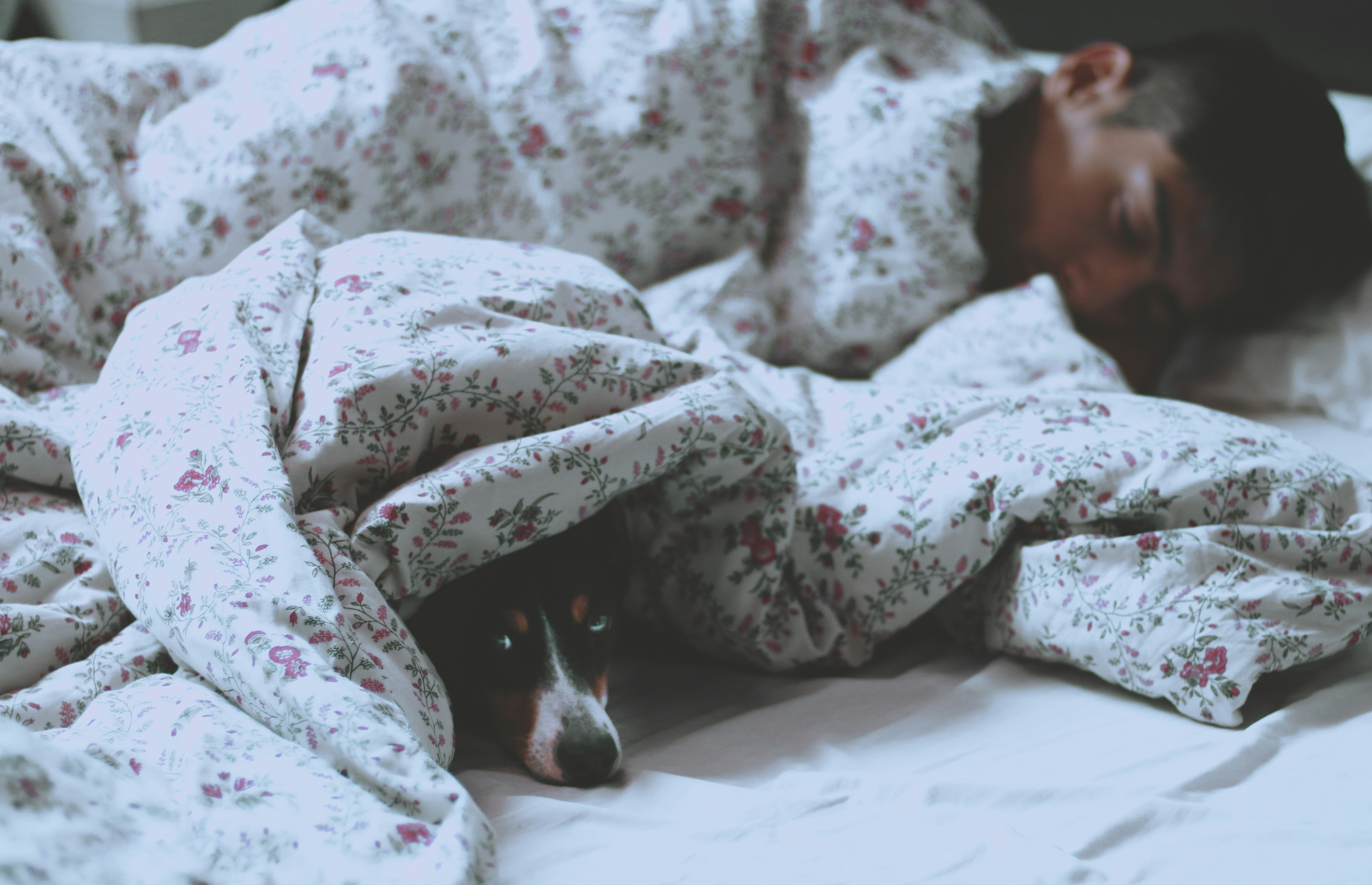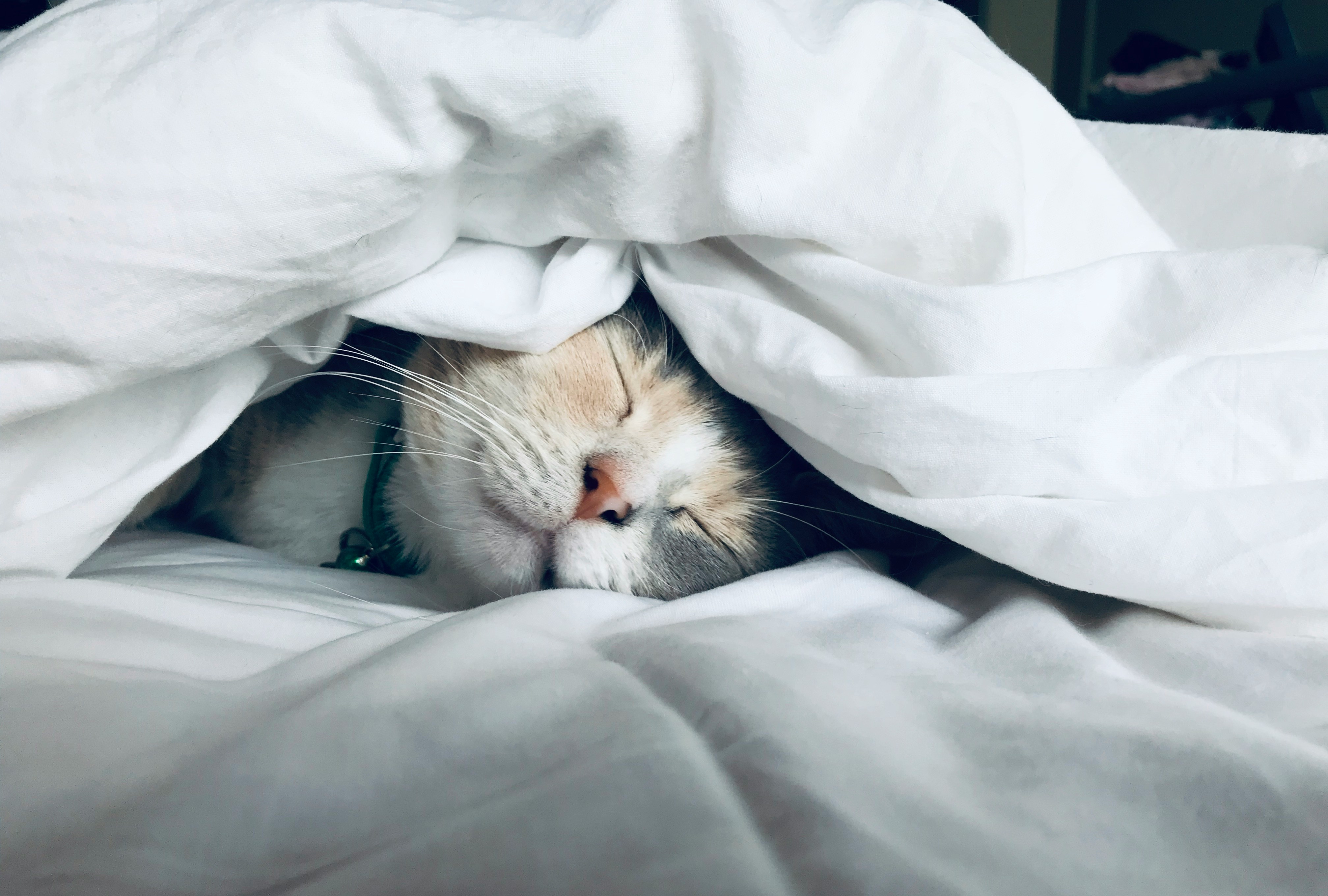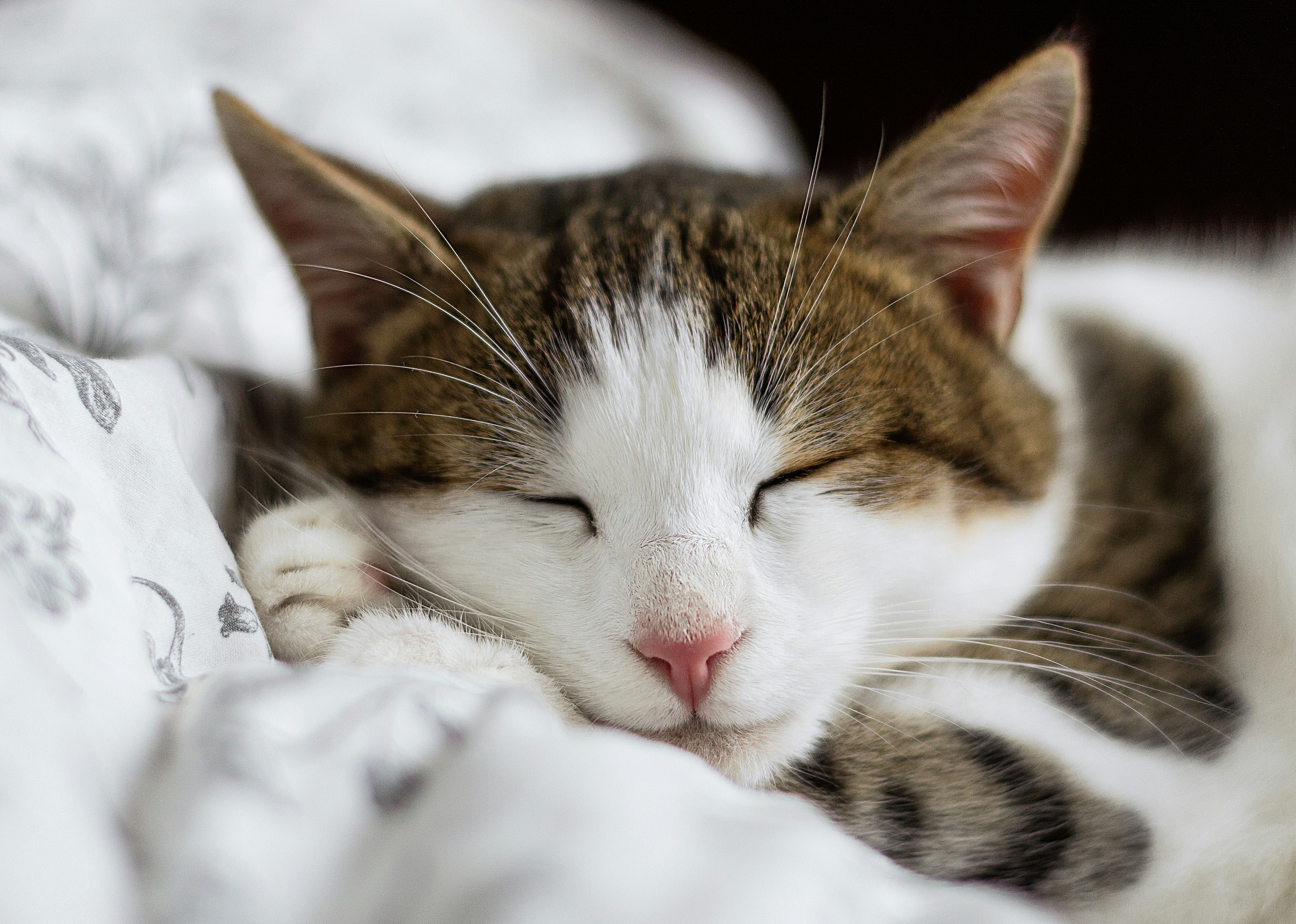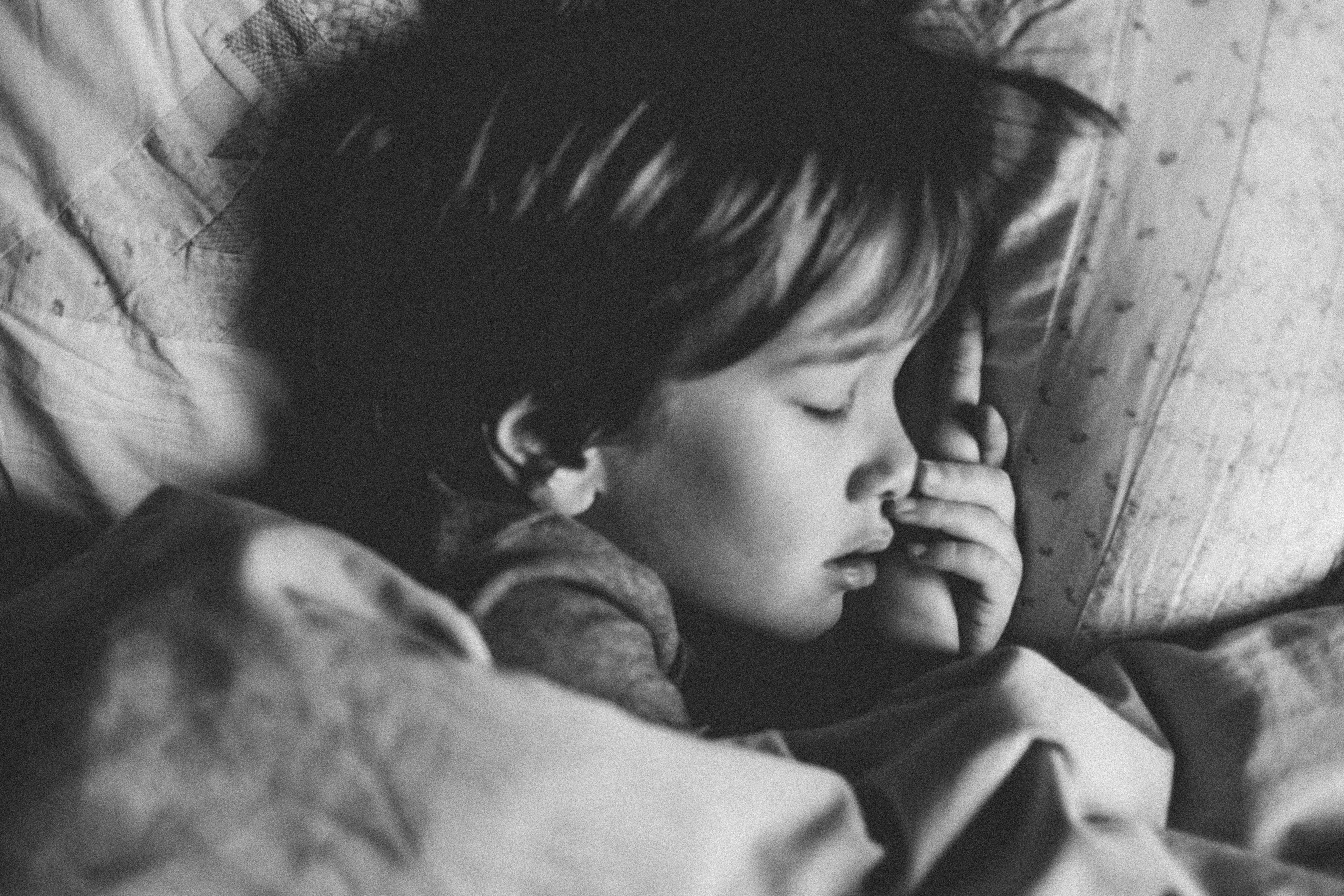The Sleep and Tech Dilemma: How Gadgets Are Ruining Your Sleep (And How to Fix It!)

Introduction
In the age of smartphones, tablets, and computers, it's nearly impossible to avoid technology. But while these gadgets make life more convenient, they may also be sabotaging our sleep—turning what could be a peaceful night into a battle of willpower. If you’ve ever stayed up way too late scrolling through social media, binge-watching Netflix, or playing just one more round of your favorite mobile game, you’re not alone. The allure of tech is real. But at what cost?
In this article, we’ll explore how your beloved devices are messing with your sleep and, more importantly, how you can take back control and fix the tech-sleep dilemma. Spoiler: It’s not about throwing your gadgets out the window (though that would be very satisfying, I’ll admit). Let’s dive in!
1. Blue Light: The Sneaky Sleep Thief
1.1 What is Blue Light?
Let’s talk about blue light—the sneaky little culprit behind your sleepless nights. Blue light is emitted by all your favorite gadgets, including your phone, tablet, laptop, and even your TV. It’s the bright, blue-ish light that messes with your brain’s sleep signals.
- Your brain has a natural sleep-wake cycle, known as the circadian rhythm , which is largely controlled by light. When your eyes are exposed to blue light, particularly at night, it tricks your brain into thinking it’s still daylight, which suppresses the production of melatonin —the hormone that helps you feel sleepy.
1.2 How Blue Light Affects Sleep
Melatonin is your body’s "sleep signal," telling your brain it’s time to wind down and prepare for rest. But when blue light floods your eyes in the evening, your body gets confused and holds off on melatonin production. This leads to difficulty falling asleep, staying asleep, and—spoiler alert—waking up feeling like a zombie the next morning.
- Studies have shown that exposure to blue light just two hours before bedtime can significantly delay your sleep onset and reduce sleep quality.
2. The Social Media Trap: Scrolling Yourself into Insomnia
2.1 Social Media: The Rabbit Hole You Can’t Escape
We've all been there: you tell yourself, "Just five more minutes," but suddenly, it's 2 AM, and you're still scrolling through memes, reading posts from people you haven’t seen in years, or watching cat videos that somehow just get more and more hilarious. Social media is addictive, and it's not just because it’s fun—it’s designed to keep you engaged.
- When you’re checking social media before bed, your brain gets a jolt of dopamine (the "feel-good" chemical). The problem? That burst of dopamine can make it harder for you to relax and fall asleep.
2.2 The Endless Scroll and the Dreaded FOMO
The issue isn’t just about dopamine. Social media also triggers FOMO (Fear of Missing Out), which can make you anxious or overstimulated. Thinking about all the things you might be missing or all the notifications piling up can keep your brain alert, making it harder to unwind. And that, my friends, is a one-way ticket to insomnia city.
- The constant stream of new information can also cause mental overload, making your brain too active to enter the relaxation phase necessary for sleep.
3. Gadgets and Stress: The Tech-Driven Anxiety Spiral
3.1 The Constant Connectivity
In the modern world, being constantly connected has its perks, but it also brings a lot of stress. Between work emails, text messages, and news updates, it’s easy to feel like you need to stay "on" 24/7. This constant connectivity increases stress levels and keeps your brain in a heightened state of alertness.
- Stress is one of the major culprits behind poor sleep. It elevates cortisol, the stress hormone, which interferes with the natural sleep process and leaves you feeling jittery and wide awake at bedtime.
3.2 Work and Email Overload
If you’re checking emails or working late into the night, your brain stays active long after it should have clocked out. This not only reduces your sleep quality but can also make it harder to "shut off" mentally when you do finally crawl into bed. Your brain is like, "Wait, are we done yet? Did we finish the project?" This mental stimulation makes it harder to enter the deeper stages of sleep.
4. How to Fix It: Reclaiming Your Sleep from Technology
4.1 Set a "Tech Curfew"
The first step to solving the tech-sleep dilemma is simple: set a tech curfew . Give yourself a break from screens at least one hour before bed. Yes, even if it means saying goodbye to your phone or laptop for a while.
- Try reading a book (remember those?), meditating, or doing some gentle stretching instead. Your brain needs time to transition from "active mode" to "rest mode," and that’s hard to do when your screen is emitting blue light and your brain is still buzzing with incoming notifications.
4.2 Use Blue Light Filters
If you absolutely have to use your gadgets in the evening (we get it, life happens), make sure to use blue light filters . Most modern devices come with built-in blue light settings that you can activate, or you can download apps that reduce blue light exposure.
- Alternatively, wear blue light-blocking glasses to help reduce the impact of blue light on your sleep quality.
4.3 Manage Your Notifications
You don’t need to know about every new email or social media post the second it arrives. Set up your phone to limit or silence non-essential notifications at night. This allows you to maintain some sense of digital peace and gives your brain a chance to relax.
- And please, for the love of sleep, do not check work emails right before bed. Your brain will thank you.
4.4 Create a Tech-Free Bedroom
The bedroom should be a place dedicated to rest, not a hub for screen time. Try to keep your phone and gadgets out of arm’s reach (or better yet, in another room). This creates a tech-free zone that promotes relaxation and sleep.
- If you need an alarm clock, consider using a traditional one instead of relying on your phone. This removes the temptation to check emails or scroll through social media in the middle of the night.
5. Conclusion
Let’s face it: we live in a tech-obsessed world, and while gadgets make life easier in many ways, they’re also robbing us of our precious sleep. Blue light, social media, and the constant connectivity trap are all contributing to poor sleep quality and increased stress.
But don’t worry—taking back control is totally doable. By setting boundaries with your devices, creating tech-free zones, and allowing your brain to wind down before bed, you can protect your sleep and improve your overall well-being. So go ahead—put that phone down and give your brain the break it deserves. Your body and mind will thank you in the morning!
"Sleep is the best meditation." – Dalai Lama




